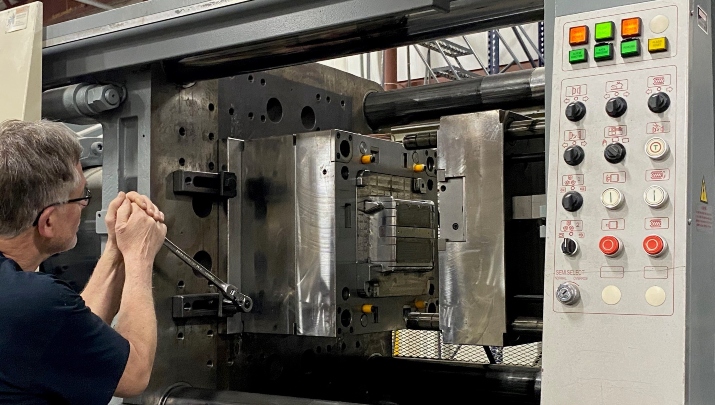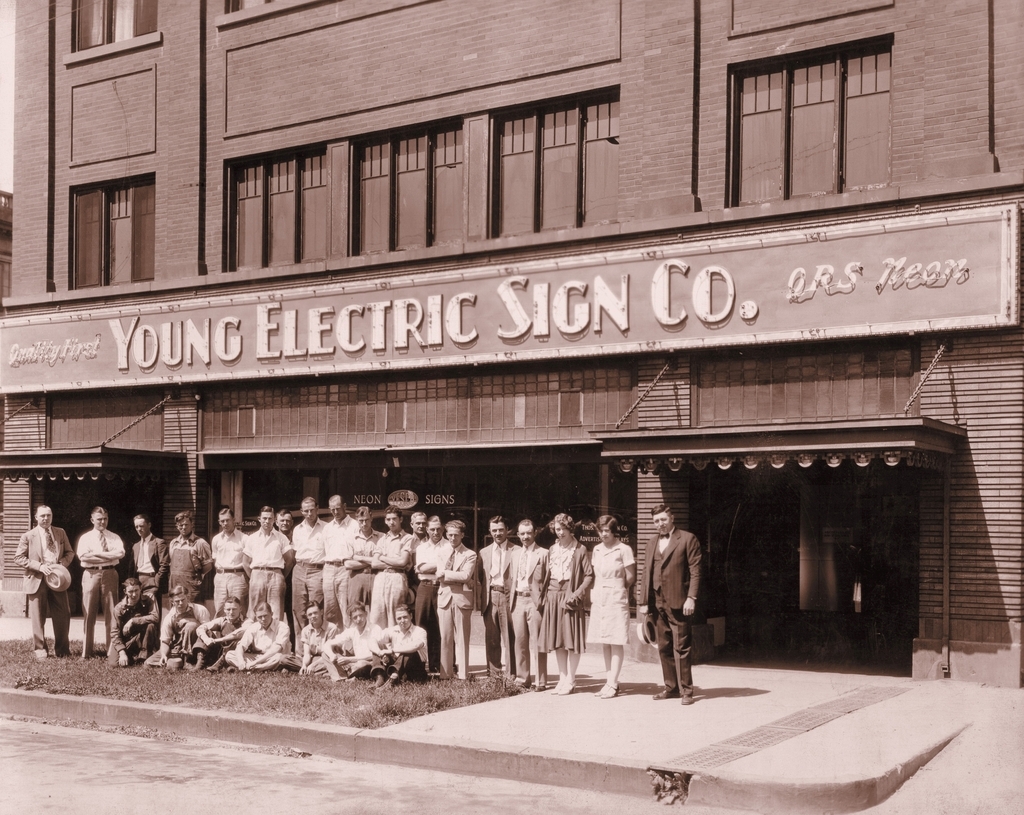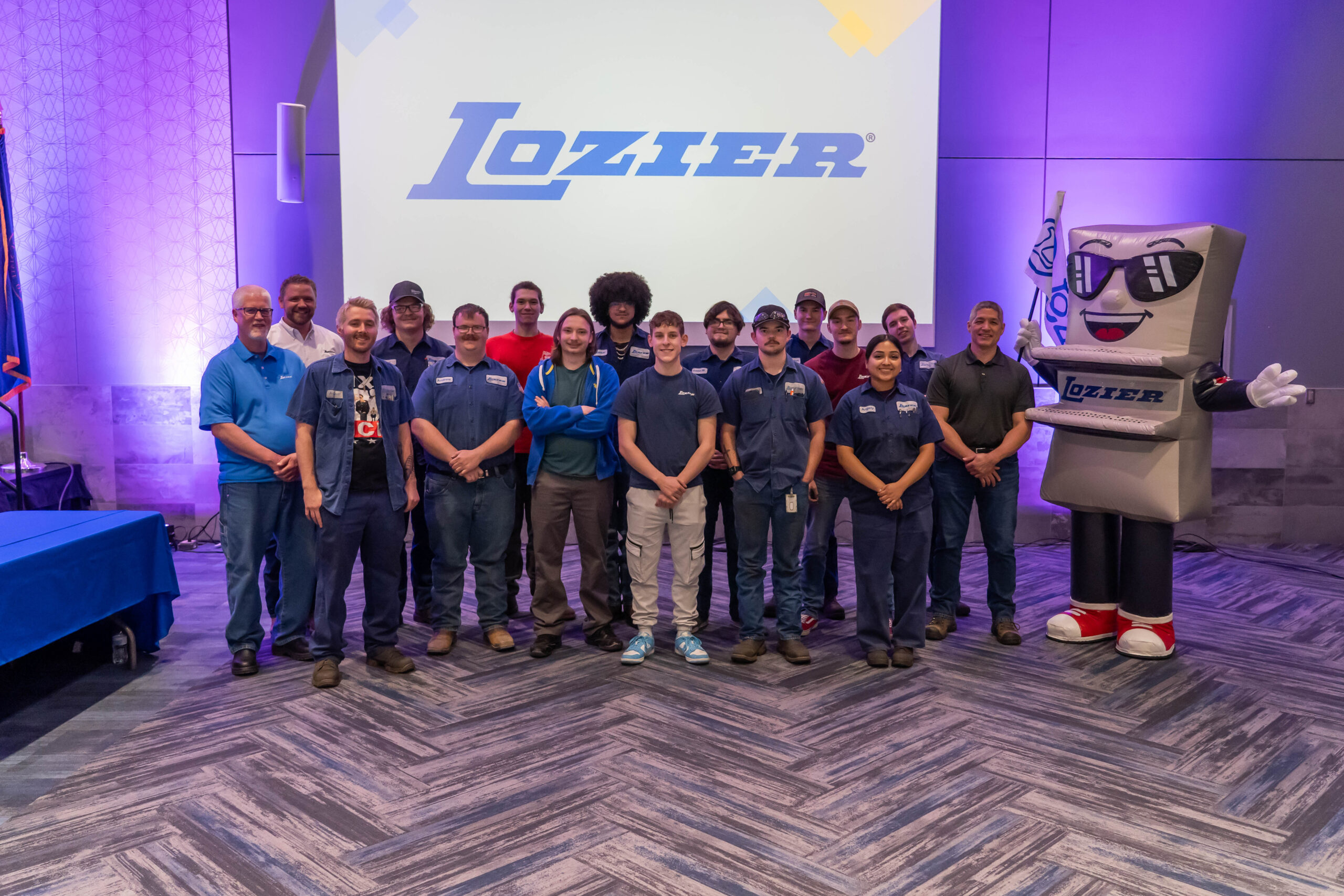
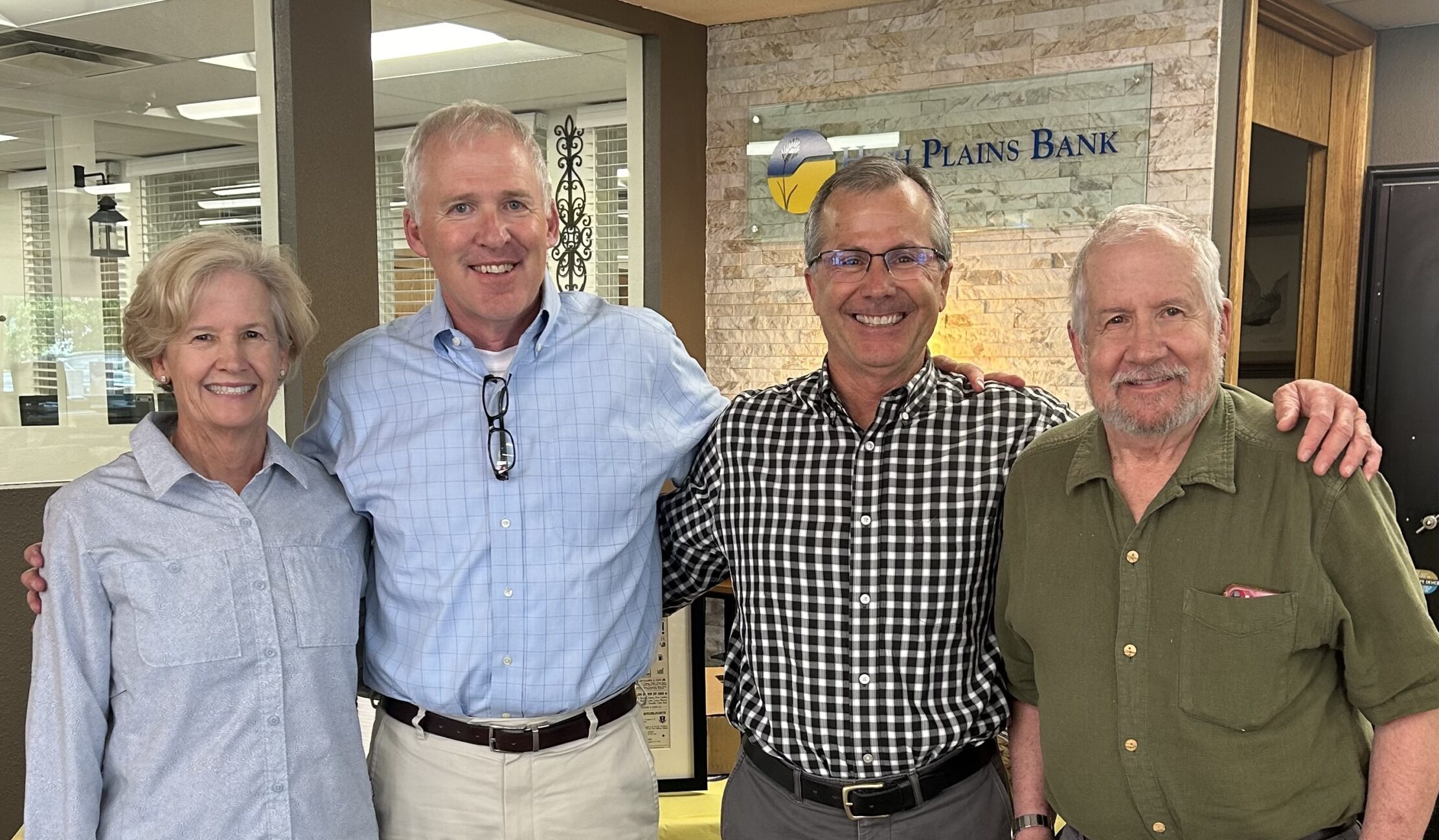
Family Harmony in an Evergreen® Company
- John Creighton
- High Plains Bank
Family harmony and sustaining an Evergreen® business do not always jive. It takes hard work, even when all family members are mostly in sync. Learning ways to navigate these challenges has been one of the unexpected benefits I’ve gained from joining Tugboat Institute®. Here are some of the insights I’ve gained from many conversations with other multi-generational ownership groups.
If absolute family harmony – with siblings, children, cousins, nieces and nephews, in-laws – is your highest priority, it’s probably best to sell the business. The odds are, if you’re going to sustain your business over many generations (the essence of an Evergreen business), you will experience some degree of family discord. Not everyone will believe all decisions are “fair.”
The decision-making generation has the most responsibility to lay the groundwork to remain Evergreen and promote family harmony. Ideally, this would begin with the first generation, but that’s uncommon. Things get messier with each successive generation, especially if there is a lack of clarity about “family ground rules.” The generation in leadership must start from where they are.
There are a myriad of issues and possibilities to sort out. What are the criteria and expectations of ownership, governance, executive leadership, and employment? What is a “fair” way to distribute existing and future wealth? How, if at all, should those who work in the business be treated differently than those who don’t? Should “rules” be solidified in a trust, or should each successive generation have the flexibility to modify how things work?
There is no right way to transition ownership and leadership of a business from one generation to the next. The key is for the decision-making generation to own and communicate decisions – over and over. The next generation deserves and benefits from clarity and context. Too often, families don’t have those conversations and each person is left to create their own story.
These questions should be an explicit part of your work. They should be an agenda item at family meetings, holding company or business board meetings – whatever is most appropriate for your context. The work requires the same level of rigor as any other critical issue. And it is critical. Your Evergreen business needs clear answers in order to thrive.
When I stepped into leadership, our family business, High Plains Bank, did not have a clear set of “rules” to move from one generation to the next. In part, this is because the first two generations were small and intimate. Generations 1 and 2 included six people (grandparents; parents; uncle and aunt) who acquired the business together and worked closely for more than 30 years.
Generation 3 includes nine who are actively engaged but scattered about the state and country. Generation four includes as many as 15 (our family has a history of spouses getting involved) who are even more geographically dispersed and who don’t know each other well.
We must become far clearer on our “family ground rules” if we hope to sustain our Evergreen business for another three generations and beyond. If we don’t add clarity and cultivate an ownership mindset in the next generation, the level of the attachment to the business is likely to dissipate to the point that people are indifferent to being Evergreen.
Our family has been making progress. I realized at Tugboat Institute Gathering of Teams we still have much to do. With the help of Tugboat colleagues, I have a clearer sense of the work to be done and growing confidence that we can remain both Evergreen and a harmonious family.
I have been part of structured and informal Tugboat conversations with colleagues such as Jeet Kumar, George Giudici, Karen Keim, Steven Burger, Tom Rosztoczy, John Egger and my Tugboat Forum members, among others. Many of the Tugboat colleagues who have helped me sort through family issues may not remember these conversations. That’s the power of Tugboat’ Institute’s design. Even informal conversations can provide transformative ideas.
More Articles and Videos
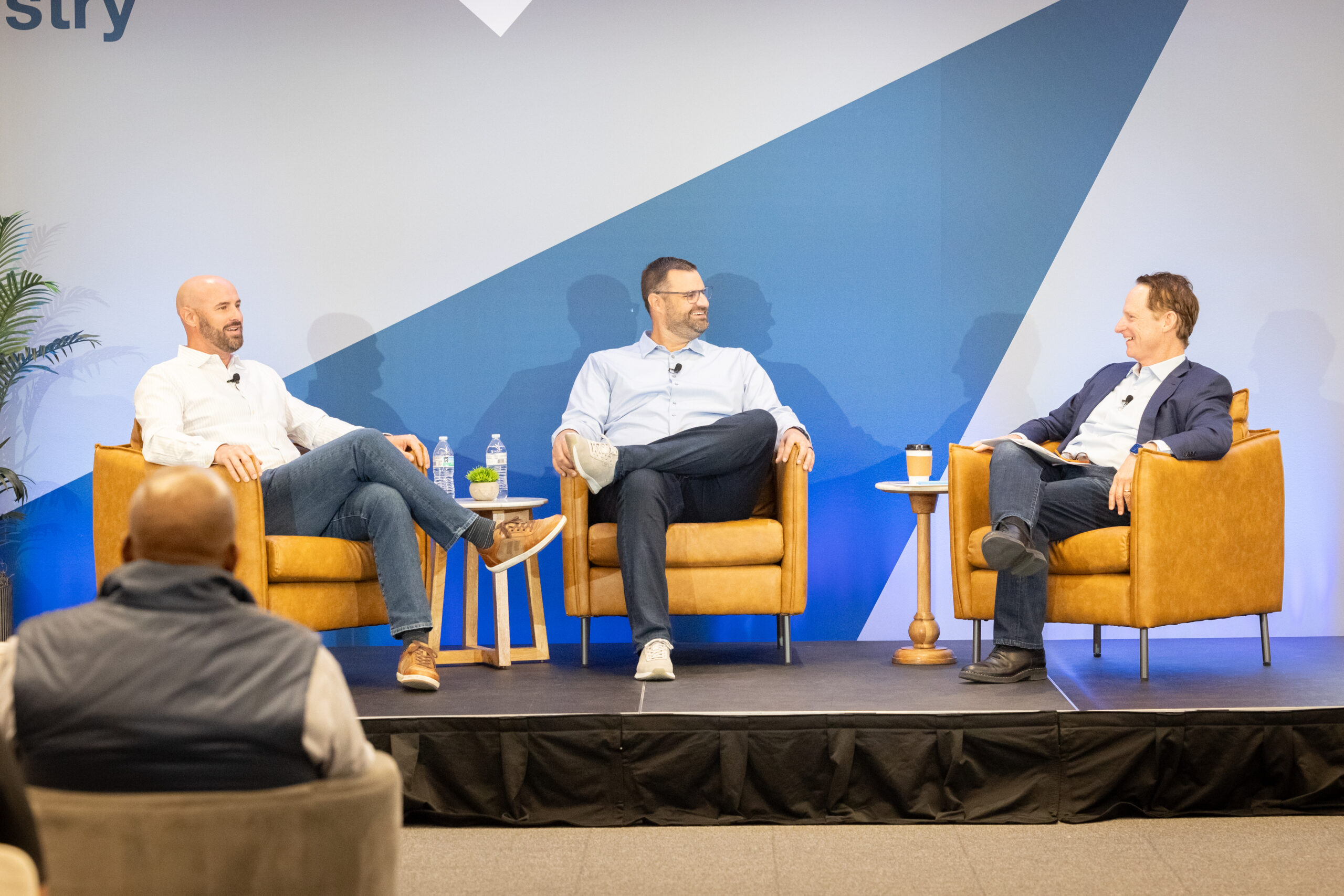
Fireside Chat with Dave Thrasher, Dan Thrasher, and Dave Whorton
- Dave Thrasher, Dan Thrasher, & Dave Whorton
- Supportworks and Thrasher Group

Get Evergreen insight and wisdom delivered to your inbox every week
By signing up, you understand and agree that we will store, process and manage your personal information according to our Privacy Policy
